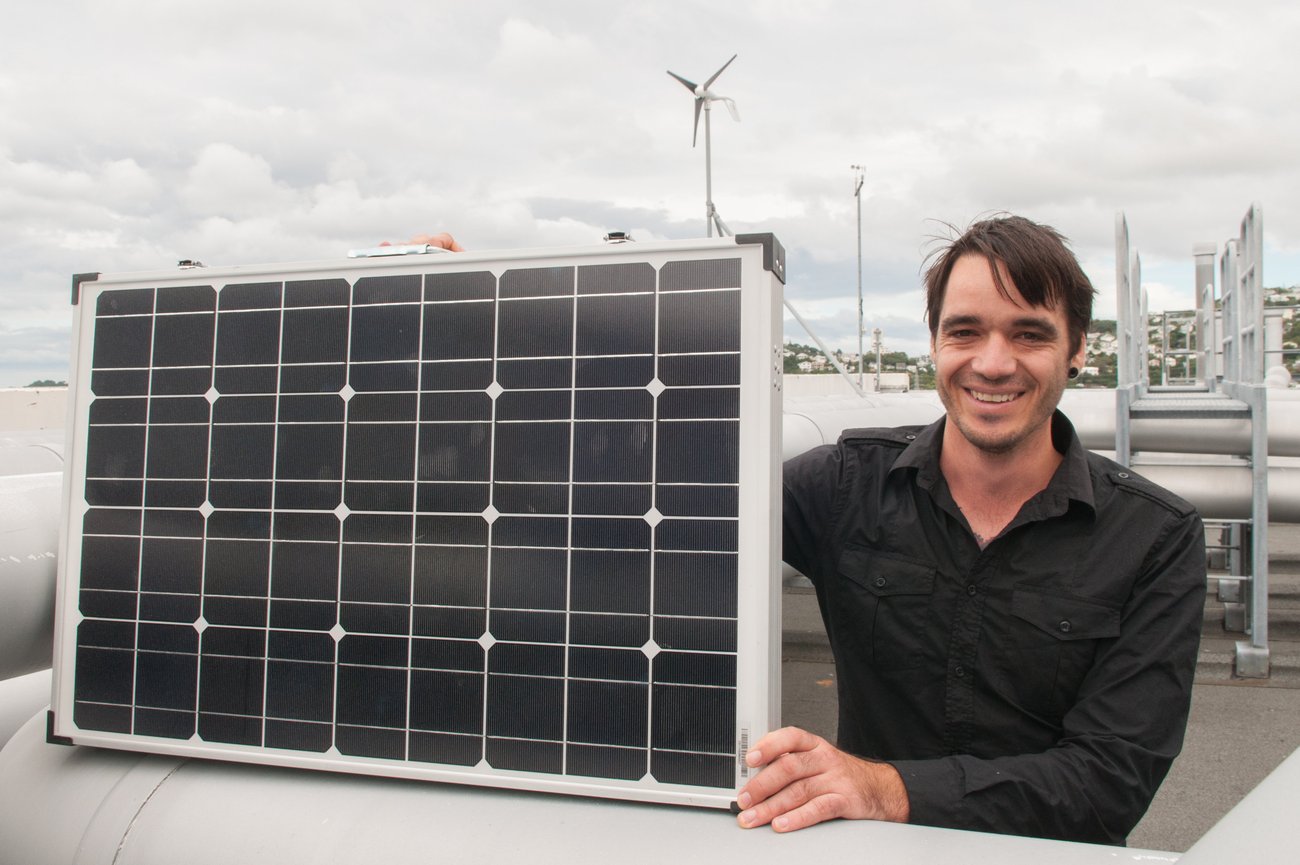
What is not quite clear, however, is how the additional line charges that customers who own solar panels will be facing in the future are justified.
Line companies’ current pricing structures are not set up to cope with grid-connected solar customers. These structures have some set charges, but also rely on a certain level of customer consumption.
The justification for the additional charge reads something like this: solar customers are producing their own power, so consuming less grid power, but the line companies’ overheads stay the same, equating in a loss of revenue.
This leads the line companies to conclude that, if this lost revenue is added to what the general population pay for power, it will encourage more people to install solar – and there will be a snowball effect. So essentially, by adding an additional line charge, they are looking to discourage customers from installing solar.
But New Zealand has the ambitious goal of reducing our carbon emissions to 50 per cent below 1990 levels by 2050. So should people wanting to install solar panels be discouraged in this way?
The argument often used is that New Zealand is a special case, and our power sector comprises approximately 80 percent renewable energies. However, the energy sector still makes up a sizeable portion of New Zealand’s carbon dioxide emissions. The energy sector’s emissions can be reduced further by increasing renewable energy production, or reducing grid consumption, both of which can be achieved by solar.
It is for this reason that globally, research is heavily focused on identifying efficient and financially viable ways to implement solar. In my research group alone at Victoria University, there are four people working on improving solar solutions for the future. Our research spans home automation aimed at matching power use with solar production, solutions for communities, and analysis of solar integration with the grid.
Every day we read about new advances in technology, materials, control systems and other novel approaches to solar solutions. It is inevitable that this progression in research will yield results, making solar an affordable option.
So while line charges may have the desired effect in the short term, what happens when solar becomes substantially cheaper than grid power? Or when control systems negate the need to be connected to the grid at all?
It’s only a matter of time until there is a massive shift in the way power is produced and consumed. So while the power companies are digging in their heels and discouraging the shift, this “business strategy” can only last so long.
It is time for a rethink, or perhaps government policy, to build a sustainable business plan that will encourage the installation and integration of solar power with the grid—and be a guiding light for solar power into the future.
Daniel Burmester is a PhD student researching renewable energy systems at Victoria University of Wellington’s School of Engineering and Computer Science.


